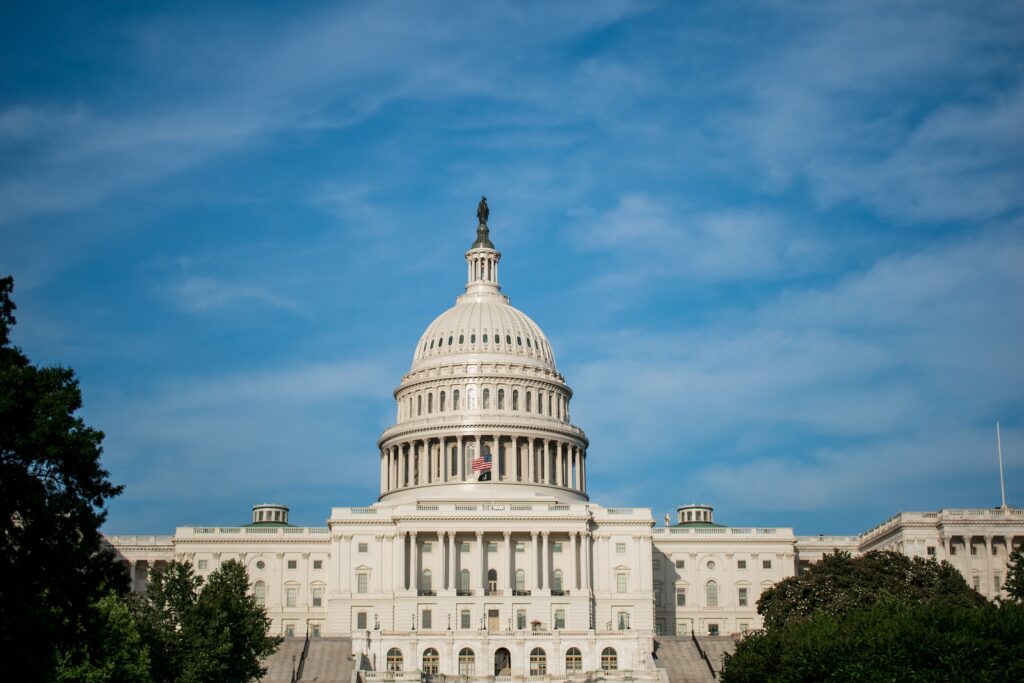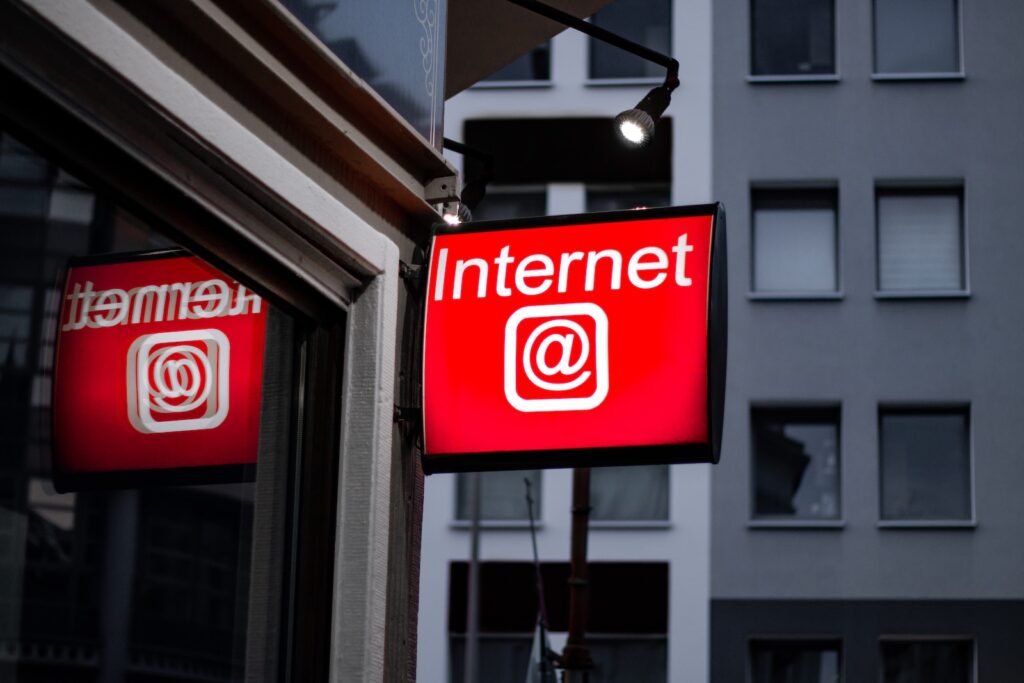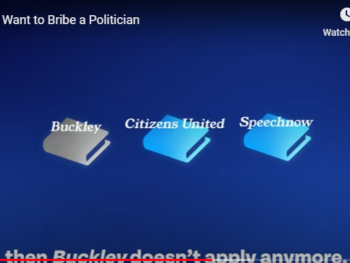
The proposed Restrict Act, currently being debated in Congress, seeks to ban virtual private networks (VPNs) and make it a felony offense to visit certain websites, all in the name of banning TikTok. While the government argues that this is necessary to protect national security, it is clear that this is just another example of how the government continues to erode our freedoms in the name of safety without providing effective public programs to increase safety.
The government has a responsibility to protect its citizens, but it must do so within the bounds of the Constitution and the Bill of Rights. The Restrict Act, if passed, would be a significant infringement on our First Amendment rights to free speech and free access to information. VPNs are essential tools for many people to protect their online privacy and access information that might otherwise be censored or restricted by governments or corporations. By banning VPNs, the government would be limiting our ability to freely access information and communicate with others.
Our Government will keep scaring you till all your freedom is gone
Similarly, the proposal to make it a felony to visit certain websites is a clear violation of our Fourth Amendment rights to privacy. The government has no right to monitor our online activity without a warrant or probable cause. Such a law would not only infringe on our constitutional rights but would also be difficult to enforce and could lead to widespread surveillance of innocent people.
Just Ban TikTok why include all this extra BS
The justification for the Restrict Act is to ban TikTok, a social media platform owned by a Chinese company that has been accused of sharing user data with the Chinese government. While concerns about data privacy are valid, banning TikTok altogether is not the solution. Instead, the government should work to strengthen data privacy laws and regulations and hold companies accountable for their actions. Banning TikTok will only drive users to other platforms that may be just as risky.
Furthermore, the government's focus on banning TikTok instead of providing effective public programs to increase safety is a concerning trend. Instead of investing in programs that could help address the root causes of safety issues, such as mental health support and education, the government is opting for quick and easy solutions that erode our freedoms. This is not a sustainable approach and will only lead to further erosion of our rights.
Congress attempting to create a similar system to China's Great Firewall

It is worth noting the irony of Congress attempting to create a similar system to China's Great Firewall, a highly restrictive internet censorship system that blocks access to foreign websites and services deemed politically sensitive or inappropriate by the government. While the proposed Restrict Act is ostensibly aimed at protecting US citizens from the alleged security risks posed by Chinese-owned apps such as TikTok, it would effectively mimic China's approach to internet control and restrict users in the same fashion.
This is highly hypocritical given that the US government has been a vocal critic of China's internet censorship policies and has even called on China to loosen its controls on free speech and access to information. By attempting to pass a law that would limit the ability of its citizens to freely access information and communicate with others online, the US government is betraying the very values it claims to champion.
Moreover, the proposed Restrict Act would likely have little impact on the security risks associated with Chinese-owned apps such as TikTok. Banning VPNs and criminalizing the visitation of certain websites would be a clumsy attempt to address a complex and nuanced issue. A more effective approach would involve working with technology companies to ensure that they are transparent about their data collection practices and that users have greater control over their personal information.
In short, the proposed Restrict Act is an example of the US government's hypocrisy when it comes to internet censorship and its failure to address complex issues thoughtfully and effectively. Rather than resorting to heavy-handed tactics that infringe on our rights, the government should focus on solutions that protect our privacy and free speech while also addressing legitimate security concerns.
In conclusion
The proposed Restrict Act is a dangerous infringement on our constitutional rights and is not a viable solution to the problems it seeks to address. The government must instead focus on providing effective public programs to increase safety while respecting our fundamental rights to free speech and privacy. It is up to us, as citizens, to hold our elected officials accountable and demand that they prioritize our freedoms and rights.
FUCK our system







